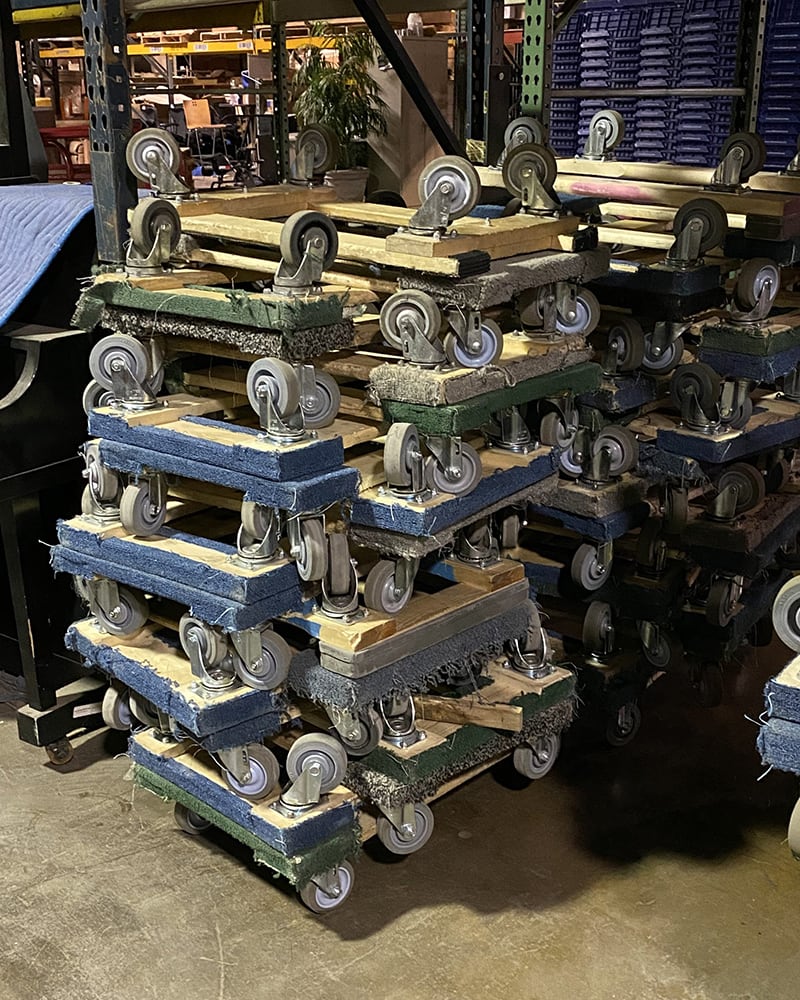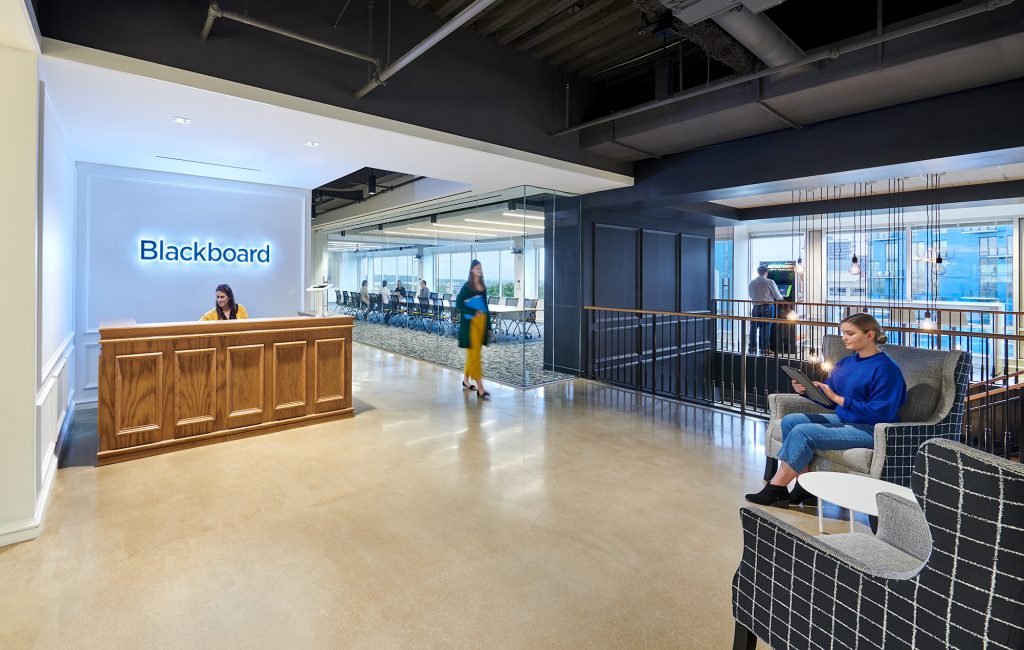Your lease is almost up—and you’re staring down a big decision: Should we stay or should we go? In 2025, this isn’t just about square footage—it’s about how, where, and why your team works. With hybrid work models here to stay, costs on the rise, and employee expectations shifting fast, now’s the time to get strategic.
This is your chance to align your real estate with your business goals and set the stage for your next big chapter.
If You Stay: The Case for Renewing
Renewing your lease may sound like the easy route—but that doesn’t mean it’s without opportunity. Landlords are more flexible than ever, opening the door to:
- Smaller, smarter footprints with better amenities
- Shorter lease terms or more agile options
- New tenant improvement dollars to upgrade your hybrid workspace
If your office isn’t keeping pace with how your team works now, don’t just renew—revamp. Think fewer desks, more collaboration zones, and tech that makes virtual meetings seamless. Bonus points if you bring in change management pros to keep your team engaged and productive through the transition.


If You Go: The Perks of Relocating
Relocating isn’t just a move—it’s a mindset shift. Whether you’re downsizing, branching into a new region, or simply ready for a change of scenery, a new space can reenergize your business and your people.
Why companies are making moves:
- Downsizing to match hybrid work and cut costs
- Moving closer to top talent or transit-friendly locations
- Upgrading to buildings with WELL, LEED, or smart tech credentials
Today’s workplace is about experience, not just efficiency. A new space could be the key to attracting next-gen talent, improving collaboration, or building a culture that sticks.
3 Smart Tips for Making Your Decision
1. Start early.
Give yourself at least 12 months before your lease ends. That’s enough time to explore options, negotiate well, test-fit new layouts, and rally your team around the change.
2. Build your A-team.
Real estate brokers know the market—but workplace strategists and project managers know your people. Together, they’ll help you evaluate, plan, and execute with confidence.
3. Let the data talk.
How are people using your space? What’s working—and what’s not? Back your decision with employee feedback, utilization metrics, and industry benchmarks. It’s the best way to future-proof your workplace.

What started as being hired solely for Relocation Management assistance, turned into a full-scale Construction and Project Management venture that was completed in a short 9-month timeline.